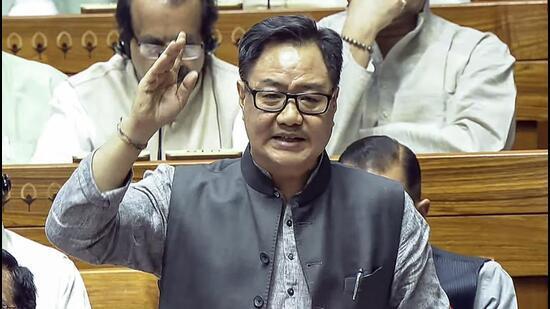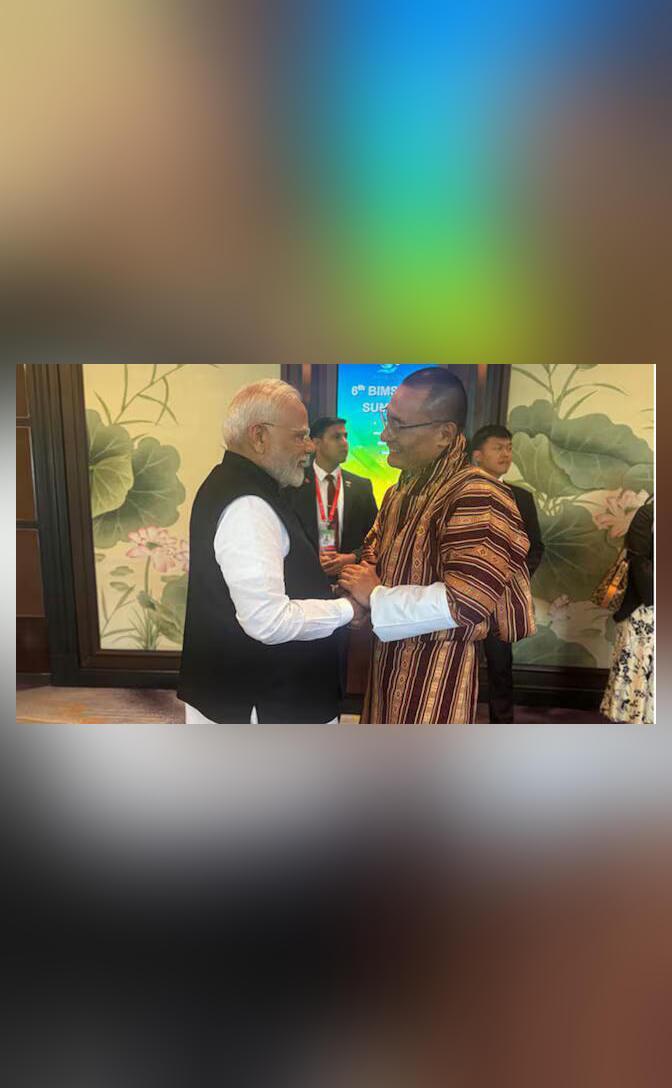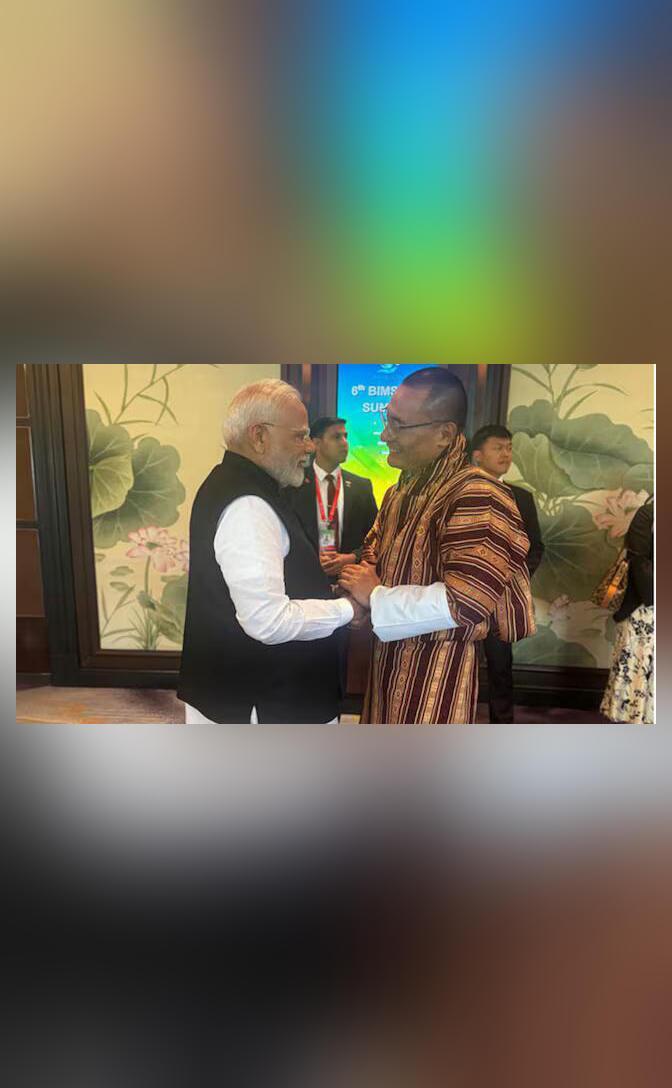
Opposition Creates Confusion & Leaves House: Rijiju in Rajya Sabha
The recent session of the Rajya Sabha witnessed a heated debate on the Waqf (Amendment) Bill, with Union Minister Kiren Rijiju criticising senior members of the opposition for creating confusion and not staying back to listen to the replies. Rijiju’s remarks came as a response to senior lawyer and MP Kapil Sibal’s comparison of the properties of Waqf bodies with those of other religious bodies.
During the debate, Kapil Sibal had raised questions about the properties owned by Waqf bodies, claiming that they were not being utilised properly. He compared these properties with those owned by other religious bodies, suggesting that they too were not being used effectively. However, Rijiju took umbrage with Sibal’s comparison, terming it as an attempt to create confusion in the House.
Rijiju argued that Sibal’s comparison was misleading and did not take into account the unique nature of Waqf properties. He claimed that these properties were meant to be used for the benefit of the community, and not for personal gain. The minister also pointed out that Sibal had left the House before the minister could provide a detailed reply to his questions, which Rijiju felt was unfair.
The minister’s remarks were seen as a attack on the opposition, particularly Sibal, who has been a vocal critic of the government’s policies. Sibal has been known for his sharp tongue and has often been at the forefront of protests against government policies. Rijiju’s attack on Sibal was seen as a attempt to silence him and other opposition members who have been critical of the government’s actions.
Rijiju’s criticism of Sibal and other opposition members was not the only controversy that emerged during the debate. Another senior MP, Anand Sharma, also got into a heated argument with Rijiju, accusing him of not respecting the opposition’s views. Sharma claimed that the government was not willing to listen to the opposition’s concerns and was instead trying to bulldoze its policies through the House.
The debate on the Waqf (Amendment) Bill was not the only issue that was raised during the session. Other important bills, including the Agriculture (Empowerment and Protection) Guarantee and Enhancement Bill, were also discussed. However, the debate on these bills was marred by disruptions and protests, with opposition members claiming that the government was trying to push through its policies without consulting the opposition.
Despite the controversy, the government managed to pass several important bills during the session. This included the Waqf (Amendment) Bill, which aims to amend the Waqf Act of 1995. The bill seeks to empower the Waqf Board to manage and dispose of Waqf properties more effectively. It also provides for the creation of a National Waqf Development Corporation to promote the development of Waqf properties.
The government’s success in passing the Waqf (Amendment) Bill was seen as a major achievement, particularly in light of the opposition’s attempts to disrupt the proceedings. However, the controversy surrounding the bill was seen as a major setback for the government, which had hoped to pass the bill without much opposition.
In conclusion, the recent session of the Rajya Sabha was marked by controversy and disruption. The debate on the Waqf (Amendment) Bill was particularly contentious, with Rijiju and other government members attacking opposition members for creating confusion and not staying back to listen to the replies. Despite the controversy, the government managed to pass several important bills during the session, including the Waqf (Amendment) Bill. However, the controversy surrounding the bill was a major setback for the government, which had hoped to pass the bill without much opposition.






